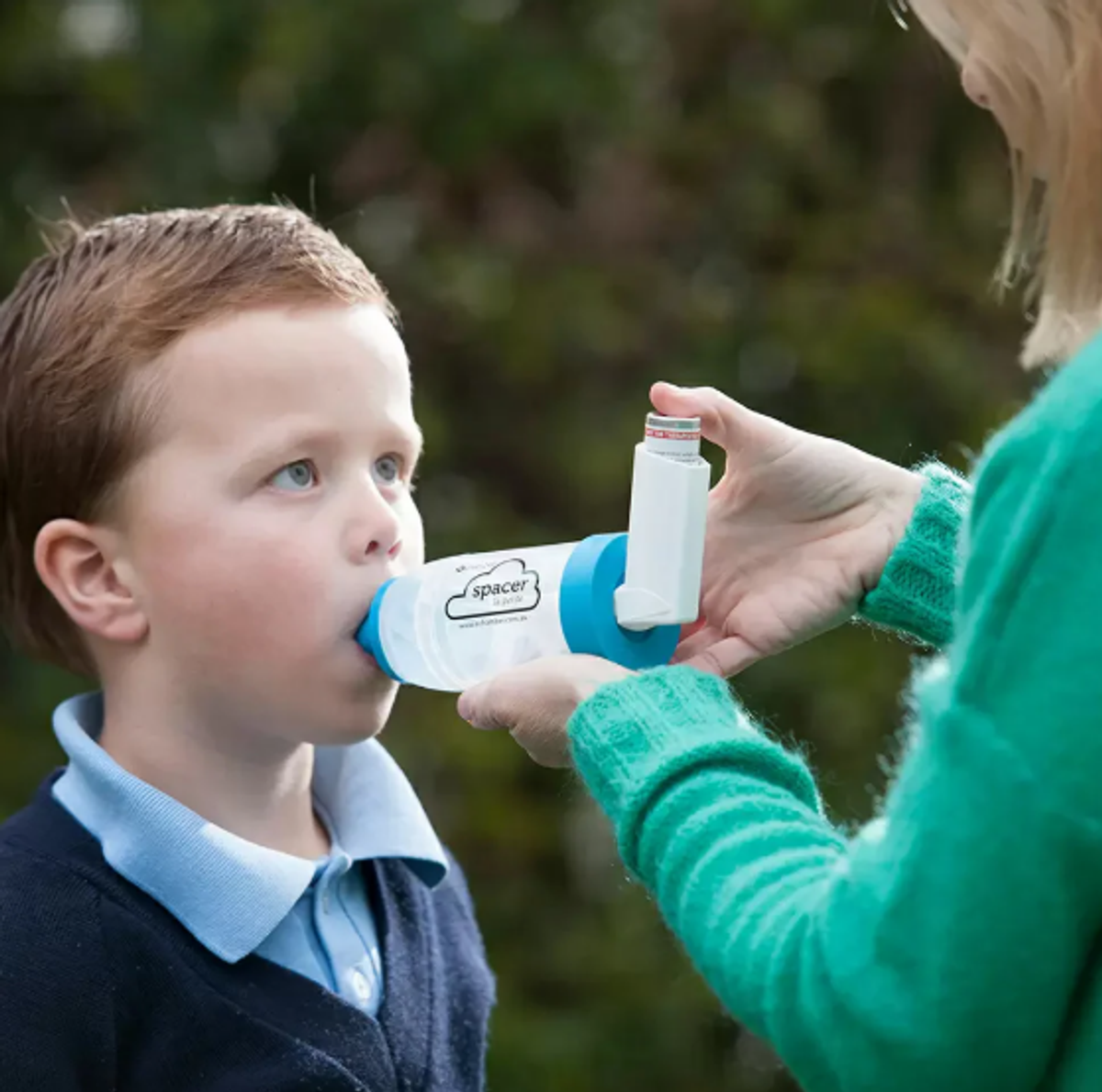Health Centre News - Asthma

As the colder weather and cough and cold season approaches making sure we are looking after asthma management is important. Asthma is a chronic lung condition that affects the airways (the breathing tubes that carry air into our lungs). Asthma is caused by inflammation and tightening of the thin muscle around the airways which makes it harder to breathe. Many children and families in our school community are living with asthma each day.
For good control of asthma, you need:
- asthma medication – taken the right way, at the right time
- regular medical visits for check-ups and to learn more about managing your asthma
- an asthma action plan, so you know exactly what to do when symptoms happen.
What are the symptoms of asthma?
The most common symptoms of asthma are:
- wheezing – a high-pitched sound coming from the chest while breathing
- a feeling of not being able to get enough air or being short of breath
- a feeling of tightness in the chest
- coughing.
You don’t have to have all these symptoms to have asthma.
Asthma symptoms can be triggered by different things for different people. Common triggers include exercise, cigarette smoke, colds and flu, and allergens in the air (e.g. grass pollen).
What is happening inside the lungs when someone has asthma symptoms?
Airways tighten up.Inside the wall of each airway there is a thin layer of muscle. When it contracts, it makes the airway narrower. Reliever medicines work by relaxing these muscles in the airways.
Airways thicken up.The lining of the tubes gets swollen and inflamed, leaving less space to breathe through. Preventer medicines work by reducing the inflammation that causes the swelling.
Airways fill up.The inside of the tubes can get blocked by mucus. Preventer medicines reduce mucus.
All these can happen at the same time.
How You Can Help
Parents play a vital role in managing their child's asthma.
Here are some ways you can help:
- Communicate: Inform the school nurse about your child's asthma and provide a copy of their Asthma Action Plan .
- Educate: Teach your child about their condition and how to use their inhaler properly.
- Monitor: Keep track of your child's symptoms and triggers, and ensure they are taking their medication as prescribed.
- Medication: Provide Ventolin and spacer to the school in case your child needs a reliever medication if symptoms develop. Make sure you check the expiry date of the ventolin you are using at home and at school.
Asthma is more common in children and many children grow out of this as they develop.
Further information is available here Royal Children's Hospital Videos on Asthma
Please let me know if you have any concerns. Thank you.
Nurse Cecile



